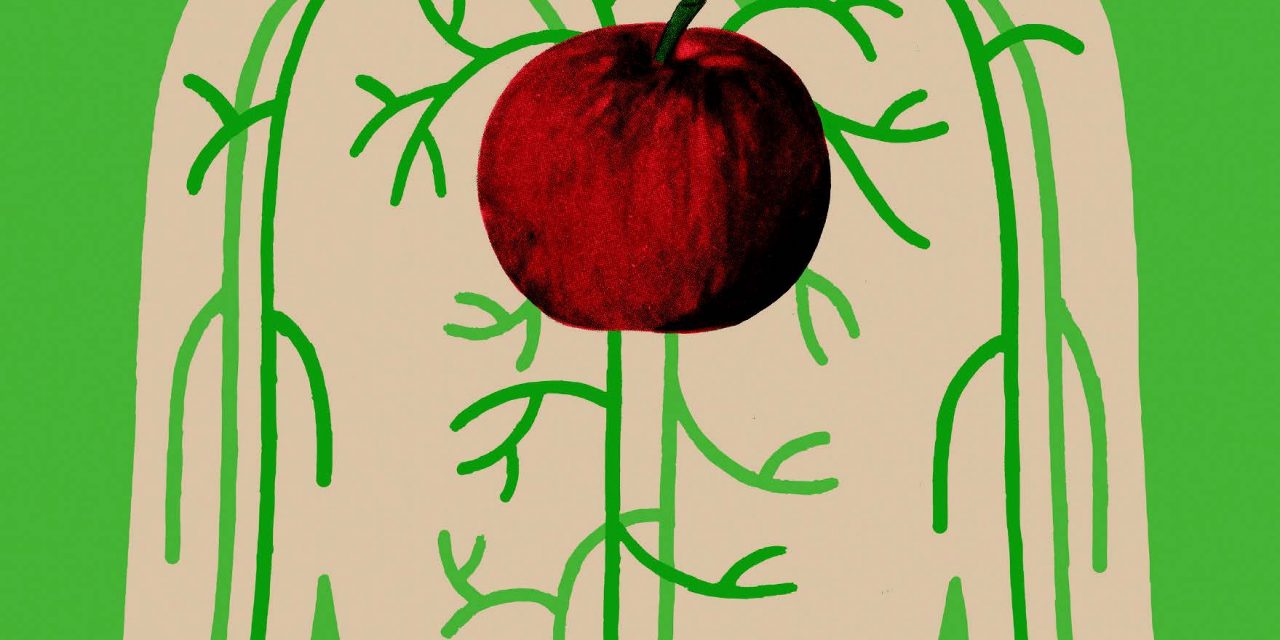
Breaking Bread

HEAD OF SCHOOL TODD BLAND TREASURES HIS TIME SHARING MEALS
WITH MEMBERS OF THE MILTON COMMUNITY
I recently shared with the Milton community my plan to step down as head of school at the end of the 2022–23 academic year. Although this is far from a farewell message—there are almost two years and much work to be done—I have already begun to reflect on the many gifts Milton Academy has given to my family and me.
By far, the greatest of these gifts are the connections with thousands of students, colleagues, alumni, families, and friends who have enriched our lives. I hold their stories close—be they funny, moving, tragic, epic, or small—as touchpoints that color personalities and biographies, as conversations that have expanded my understanding of the world.
In this issue, we focus on food and the many ways it fosters and strengthens these connections. The stories shared over meals are more personal, more familiar, because of the intimate nature of dining together. Even if you start as relative strangers, good conversation and sharing a wonderful meal create lasting impressions and memories. Food is something to celebrate on its own, of course, but sharing a meal together is about so much more; it’s about stories, connection, and the love that goes into preparing—or receiving—the meal.
 Food itself tells the story of the people who prepared it: Food holds our history and our culture, individual dishes demonstrate human evolution and our movement around the globe, meals together highlight our customs of sharing, and cooking centers our families and friends.
Food itself tells the story of the people who prepared it: Food holds our history and our culture, individual dishes demonstrate human evolution and our movement around the globe, meals together highlight our customs of sharing, and cooking centers our families and friends.
Centuries-old faith traditions call for holy fasts and feasts that are still celebrated today. The way a culture prioritizes meals and mealtimes can shed some light on the priorities of its people. I have treasured the privilege of travel- ing on behalf of our School, whether I’ve visited families and alumni as far away as Hong Kong and Seoul, or our sister school, El Pilar, in Madrid. Whenever someone opens their home to me or hosts a meal to welcome me, I feel both humbled and honored.
When my wife, Nancy, and I lived in Spain, we acclimated to slower meals and developed a feeling of near-reverence toward good food, and—more importantly—a respect for time spent together. From Milton’s international students, I’ve learned about culinary customs that have helped me navigate visits to their home countries and avoid etiquette gaffes. From those who have invited me to their table, I have felt at home around the world.
Americans are busy people, and our meals reflect that: We eat in our cars and over our keyboards, we eat while we scroll social media and respond to texts and emails. In a society that pioneered the “working lunch” and drive-through dinner, food sometimes serves only as fuel that powers us from one responsibility, one meeting, one appointment, one activity to the next. Eating becomes another task.
What we lose when we eat in such a rush are those critical moments of rest and community that mealtimes offer—moments to slow down and be grateful, to press pause on work, to quiet our minds, to enjoy food, and to learn more about ourselves and each other.
Throughout the school year, I eat lunch as frequently as possible in the dining hall with my colleagues on the faculty and staff. Sometimes the talk veers toward Milton business: someone will let me know about an issue or concern, or share news of something exciting happening in their classroom. More often, though, this informal setting turns conversations toward our non-work lives—we talk about our families or debrief episodes of favorite TV shows, joke about past misadventures, or celebrate life milestones. We let our guard down.
The pandemic has robbed us of many mealtime traditions. On campus, physical distancing requirements mean we can’t cram around tables indoors and enjoy those informal moments of community. This put a temporary stop to the din of laughter and chatting so familiar to our dining halls. In our personal lives, the risks of contracting the virus kept many families apart during important holiday meals and routine Sunday dinners.
The pandemic continues, of course, but the availability of COVID-19 vaccines brings the promise of future gatherings—returning to our favorite dining traditions and creating new ones—after a long, difficult, isolating year and a half.
I’m an optimist, as you may have noticed in this space. I’m also a realist. I have no doubt that many of us will continue to squeeze eating into the rare empty spots on our calendars, and yet I hope one en- during lesson of the pandemic is how precious time spent with family and friends truly is. My wish is that we will dedicate more energy to seek out moments—however occasionally they may be in our busy schedules—to share meals and stories together; to pause a moment, to pull up a chair and put down our phones, to tell stories, to listen, and to dig in.
Illustration by Miguel Porlan




